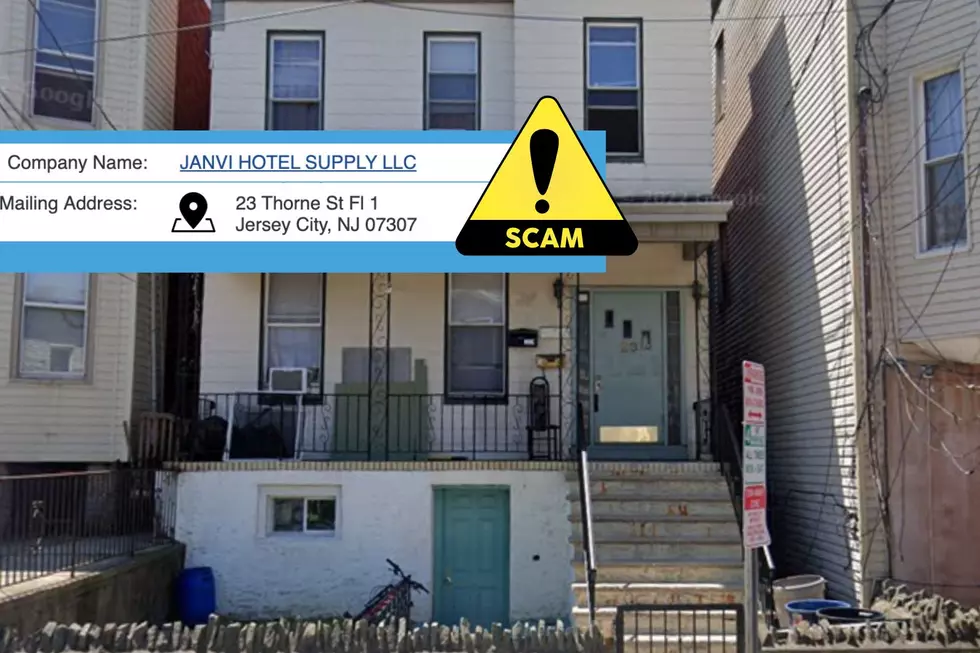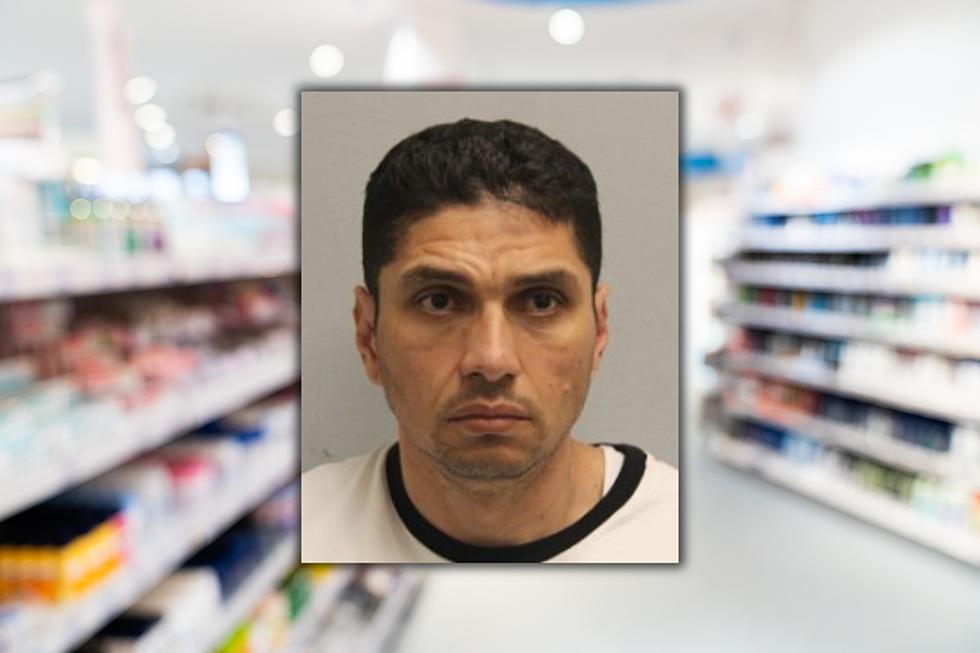NJ Mom Slaps Daughter and Calls Her ‘Slut’ for Revealing Rape by Stepfather
HOBOKEN — Instead of calling police, a Hudson County mother called her own daughter a “whore” and “slut” after the child revealed that she had been repeatedly raped by her depraved stepfather starting when she was just 8 or 9 years old.
Those are just some of the allegations revealed this week in an appellate court decision that rejected the parents' appeal of the child-abuse findings.
Because the Monday decision uses initials and aliases for the parents in order to protect the victim’s identity, it was not possible to confirm whether either of the parents faced criminal prosecution for the abuse of the girl.
The court record, however, provides a rare glimpse into child-abuse case proceedings, and reveals how the courts and experts deal with victims, like this one, who later recanted their accusations.
Although the now-teenage girl, who the two-judge panel identified as "Sally," tried to take back her story and apologized to her stepfather for making “false allegations,” judges declined to accept her new claims because her past allegations had been consistent and believable.
The courts also cited experts who pointed out that it is not uncommon for child sexual abuse victims to try to walk back their accusations.
The court record reveals Sally was so broken by the years of abuse that she resorted to cutting herself and attempted suicide. In the end, she was so desperate to return home that she was willing to say anything and even live under the same roof with the man who raped her until she was 12.
Over the years, state child welfare officials heard Sally describe the abuse by her stepfather, "Robert," explaining how he would molest her when the rest of the family was sleeping; how he would drug her with “diet pills” in order to rape her; and how he started using condoms when she reached puberty.
Sally first told her mother "Kate" about the rape when she was 8 or 9 years old. Kate's response was to slap her and call her a liar.
Kate took her daughter to Sally's great-grandparents, who terrorized the child in response to her allegations. The child's great-grandmother spanked Sally and told her to “never, ever say that again," Kate testified.
Years later, Sally tried to tell her mother about the rape again. In 2013, when police were at the house talking to her stepfather on another matter, Sally told her mother that she wanted to tell the police about the rape. Kate admitted that she wrestled Sally to the ground and kept her from leaving the bedroom to talk to the police.
Kate told a state case worker that she did not believe Sally, calling her daughter a “whore” and “slut.”
She said Sally did not act like a rape victim and added that even if she had been raped, she should learn to deal with it as Kate had done after her own experience with sexual abuse.
Kate claimed Sally had made up the allegations because she was mad she had not been allowed to get a tattoo and piercing.
Robert also denied the allegations, claiming Sally was mad because her mother would not let her go outside.
Daniel Bromberg, a cognitive and behavioral psychologist specializing in the effects of sexual abuse of children, testified in Family Court in 2014 that he was concerned that the mother did not believe her daughter, meaning Sally could not be safe under her care.
His testimony listed telltale signs of abuse:
— Sally reported having psychotic symptoms, including hallucinations, between ages 9 and 12, which ended when the state removed her from her home and placed her into a residential program. Bromberg believes the symptoms were a result of the abuse at home.
— He said it is not unusual for molested children to have some positive interactions with their abuser.
— He called it "significant" that she reported the abuse to a friend and that her descriptions of the abuse were consistent over the years.
— She engaged in self-injury to control her anxiety. She was distressed about sex and suffered from depression and anger management. He said it would have been very difficult for a child to fake these symptoms.
Martin A. Finkel, a pediatrician with experience treating sexually abused children, testified that Sally she did not report the abuse sooner because she was worried about not being able to return home.
Finkel also noted:
— Sally had reported difficulty urinating, which is sign of genital trauma, and had other damage to her genitals consistent with children who have been raped.
— She had “idiosyncratic worries” about people being able to tell that she no longer was a virgin and about not being able to have children.
— And she suffered from post-traumatic stress disorder.
A Family Court judge in 2014 found that the parents had been abusive and kept Sally out of their custody.
Five months later, Sally recanted her story.
Testifying for the state in April 2015, Bromberg said that her recantation was motivated by her desire to go home and that it was common for children abused by parents or guardians to recant when the other parent does not believe them.
The judge declined to overturn the decision, which was upheld Monday by the appellate panel.
“Sally’s recantation was not credible," the judges wrote in their Monday decision.
They said Robert's explanations for the accusations were “illogical” and “so dismissive of the gravity of the harm the child alleged” that they alone made Sally’s claims appear more credible.
The judges also denied Kate's appeal of the determination that she had abused her daughter.
“At no time did she show ... any signs of empathy, support, or even much interest in her daughter’s well-being," according to the decision, adding that Kate "told her daughter she could come home if she recanted, despite being ordered not to talk to her daughter about recantation.”
More From WPG Talk Radio 95.5 FM










